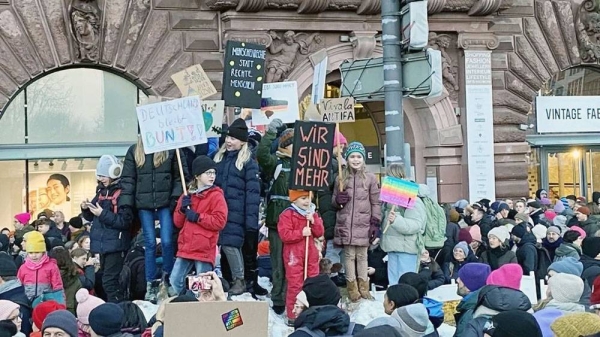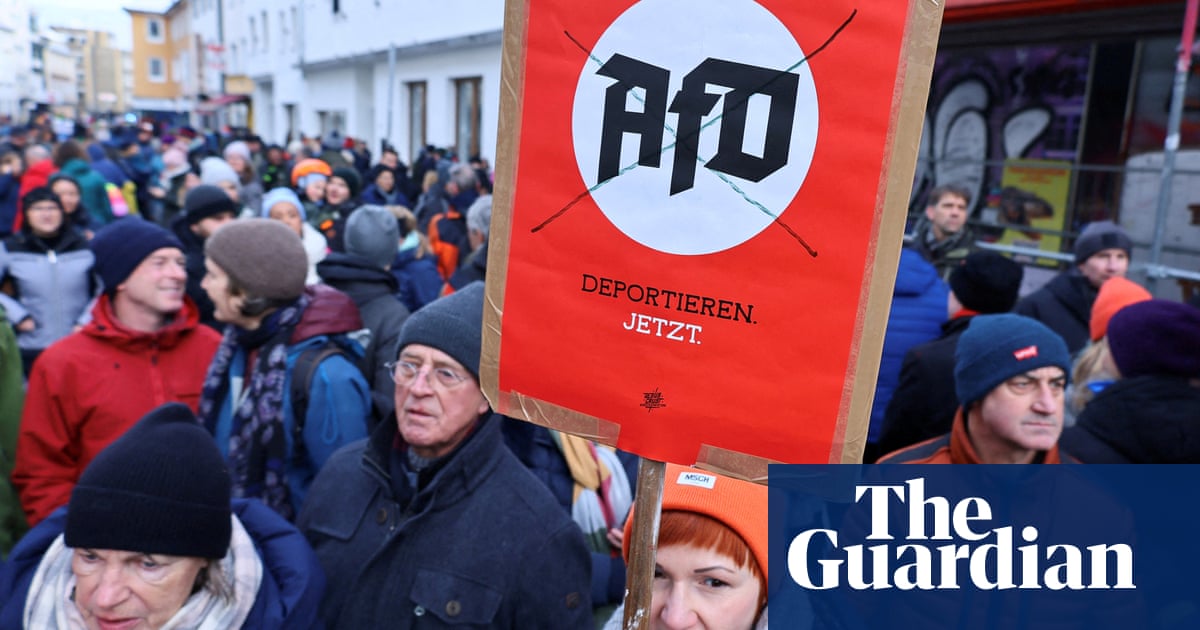
BERLIN (Reuters) - Germany’s BfV domestic intelligence service has formally placed the far-right Alternative for Germany (AfD) under surveillance on suspicion of trying to undermine Germany’s democratic constitution, a person briefed on the move said on Wednesday.
After four years ago becoming the first avowedly anti-immigrant party to enter the German parliament, the AfD now becomes the first party to be monitored in this way since the Nazi era ended in 1945.
It was propelled into the Bundestag in 2017 by voters angry with Chancellor Angela Merkel’s decision to welcome more than one million migrants. But it has been ostracised by other parties, which say its rhetoric contributes to an atmosphere of hatred that encourages violence against immigrants.
The BfV’s move follows a two-year review of the AfD’s political platform, and will allow the agency to eavesdrop on calls and conversations involving AfD members and scrutinise party funding.
A spokeswoman for the BfV declined to comment, citing a court case brought by the AfD, but the party was furious.
“The agenda is clear. First we are made a ‘case to investigate’, now we are a ‘suspected case’ and are under surveillance - and at some point there will be a request to ban our party,” said Alexander Gauland, the AfD’s parliamentary floor leader. “That, thank God, will be a decision for the Constitutional Court and not the BfV.”
Gauland and AfD co-leader Tino Chrupalla told a news conference that they had only learnt about the decision, first reported by the magazine Der Spiegel, from media reports. They accused the BfV of trying to hurt their chances in September’s national election.
COURT CHALLENGE
The Central Council of Jews in Germany welcomed the decision, saying: “The AfD’s destructive politics undermine our democratic institutions and discredit democracy among citizens.”
The AfD registered 12.6% support in the 2017 federal election to become the third-biggest party in the Bundestag, and also has lawmakers in all 16 regional assemblies.
But its support has fallen to some 9% in recent surveys, dented by infighting and its opposition to lockdown measures to stem the coronavirus pandemic.
One of its co-leaders, Joerg Meuthen, has opened a rift by arguing that the AfD needs to expel members suspected of sympathising with far-right groups who espouse violence in order to broaden its appeal.
The AfD had also secured a court ruling that prevented the BfV publicly calling it a “case under investigation” as this puts it at a disadvantage in elections. A bid to halt the BfV’s review is still in the courts, however.
The BfV told the Administrative Court in Cologne last month that it would not monitor AfD lawmakers in the national, regional or European parliaments while that case was being heard.
This suggested that formal surveillance would for now be limited to lower-level party members.
Four years ago, the German government failed to ban the neo-Nazi National Democratic Party (NPD), which had won a handful of seats in a number of regional state assemblies. The Constitutional Court ruled that, while it resembled Adolf Hitler’s Nazi party, it was too weak to endanger democracy.












